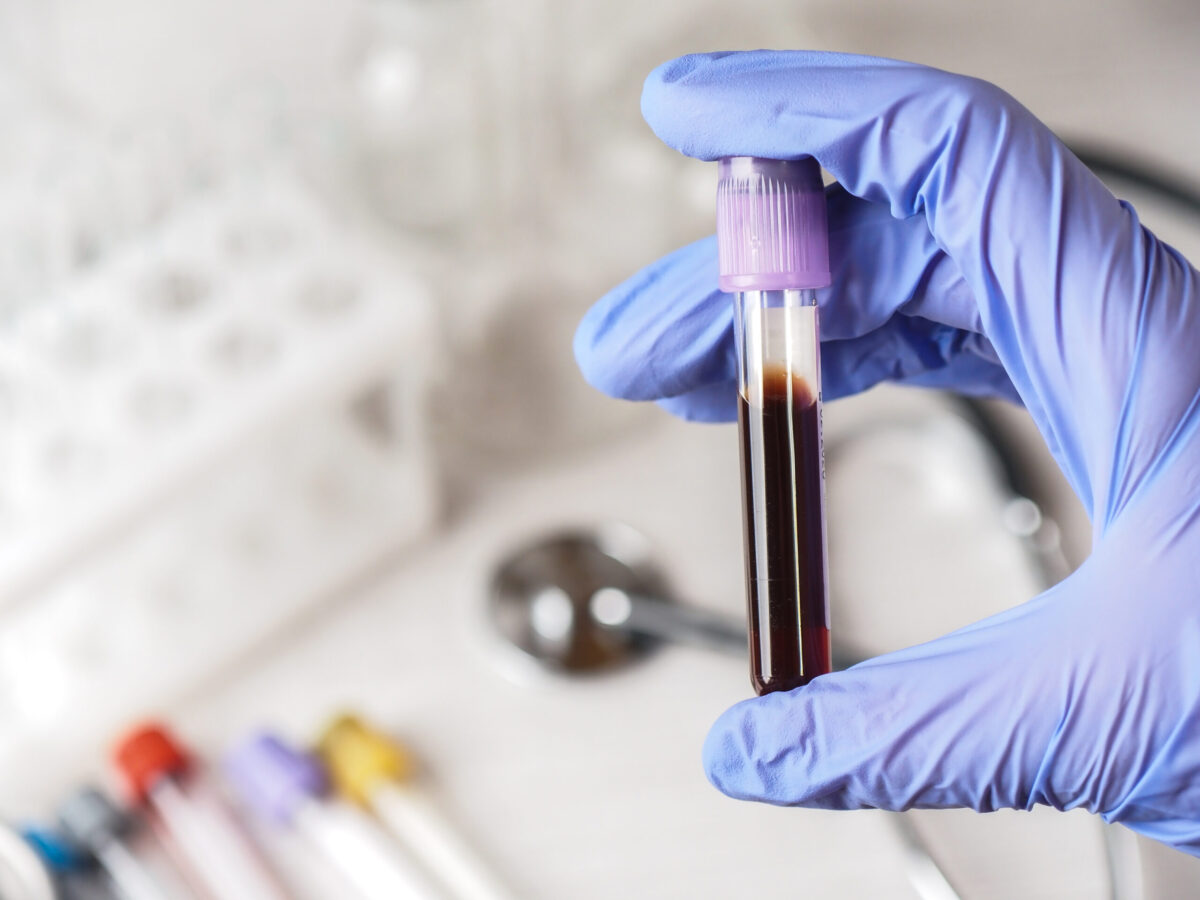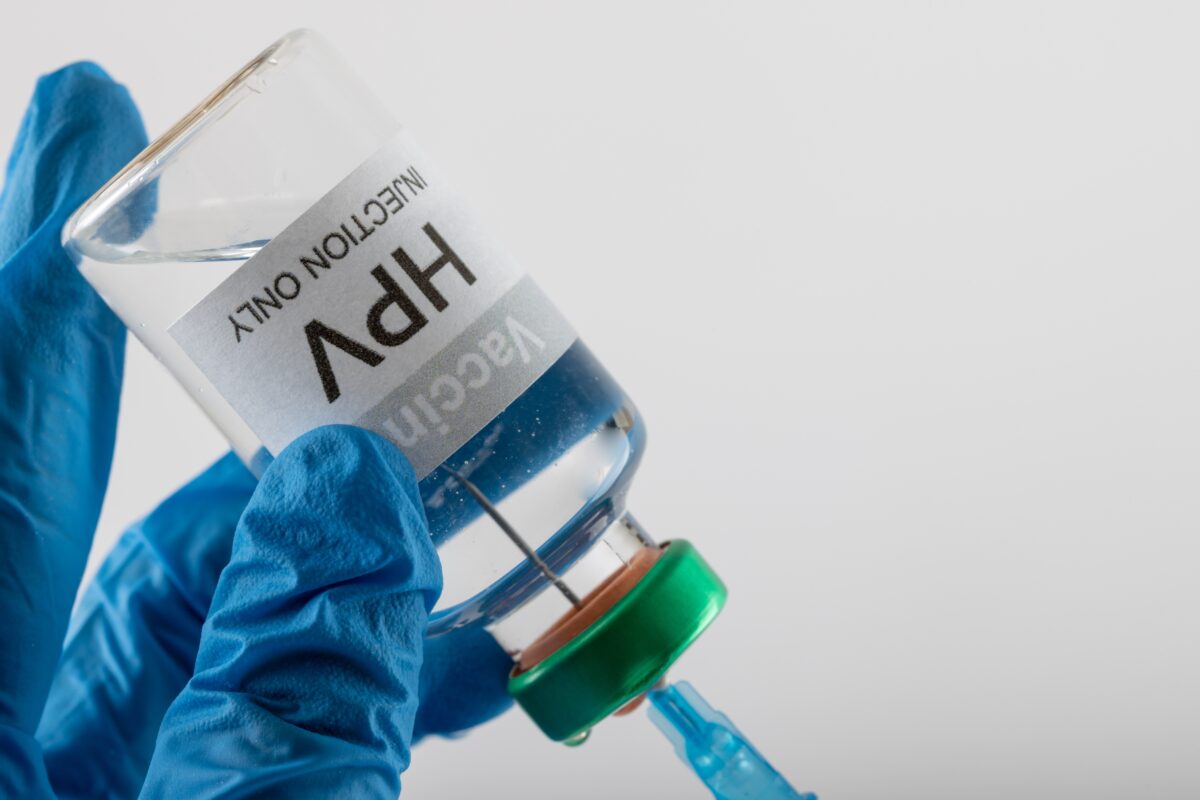The government of Scotland has rolled out a new C-peptide test for type 1 diabetes that could help patients monitor their insulin levels with greater accuracy. The test provides information about the amount of insulin a patient has in their body, which can help determine whether they can reduce or stop taking their insulin injections.
The test measures levels of C-peptide protein in the blood, which is a byproduct of insulin synthesis that is released from the pancreas along with the hormone. Specifically, it is the portion of proinsulin that is cleaved before being co-secreted with insulin from pancreatic beta cells. As such, it is a biomarker for pancreatic beta-cell function and can be used to determine how much insulin is being made in the body.
While a C-peptide test can be used clinically to distinguish between type 1 and type 2 diabetes, this is the first time C-peptide will be used as a surrogate for insulin levels via the test assay.
The C-peptide test will be available to patients who have had a type 1 diagnosis for at least three years. Scotland will be the first country to offer the test through hospital diabetes centers in the country.
Approximately 315,000 people in Scotland are living with diabetes, according to the country’s government. Currently, the only treatment for type 1 diabetes is insulin therapy.
Related: Researchers Develop World’s First Glucose Saliva Test for Diabetes
“Type 1 diabetes is a significant health challenge right across the world. I am proud that Scotland will be the first country to introduce this blood test, which has the potential to have a significant positive impact on the lives of those people living with diabetes,” Scotland’s Public Health minister Maree Todd said in a statement from the Government of Scotland.
A significant level of C-peptide in an individual’s body can indicate that the person does not have type 1 diabetes; this introduces the possibility of reducing or stopping insulin treatment altogether. Typically, a C-peptide level of less than 0.2 nmol/L leads to a type 1 diabetes diagnosis. Significantly low amounts can indicate a greater dependency on insulin use.
The C-peptide test was evaluated in a two-year pilot study conducted at the National Health Service (NHS) Lothian. In the study, some type 1 diabetic patients were able to reduce or completely discontinue insulin administration based on high C-peptide levels. Regular C-peptide testing allows for monitoring how much insulin a diabetic patient is producing body is producing.
Professor Mark Strachan, endocrinology consultant and study lead, said in the government statement that, “C-peptide helps diabetes specialists make a more accurate diagnosis of the cause of diabetes, and that means we can get people on the most appropriate treatment.”
He said the C-peptide test can be “life-transforming” in some cases, as it can allow people to discontinue long-standing insulin therapy.
The test rolled out in Scotland on November 1.
Compared to insulin, C-peptide levels can be the preferred measure to evaluate pancreatic beta-cell function as the protein has a greater half-life than insulin (20–30 minutes versus 3–5 minutes, respectively). Moreover, current ultrasensitive C-peptide assays can detect levels of the protein in very low ranges of 0.0015–0.0025 nmol/L. Given the high sensitivity of the assays, and the recent European study data showing the utility of C-peptide testing in regulation of insulin therapy, other countries could soon follow suit by introducing similar C-peptide testing for type 1 diabetic patients.












Join or login to leave a comment
JOIN LOGIN